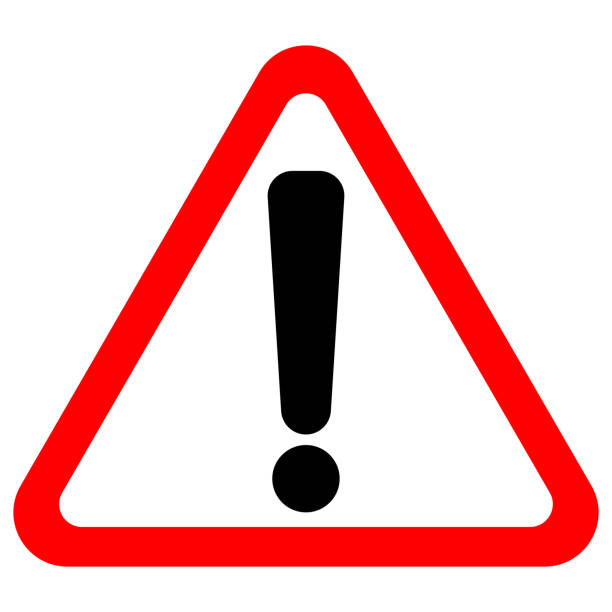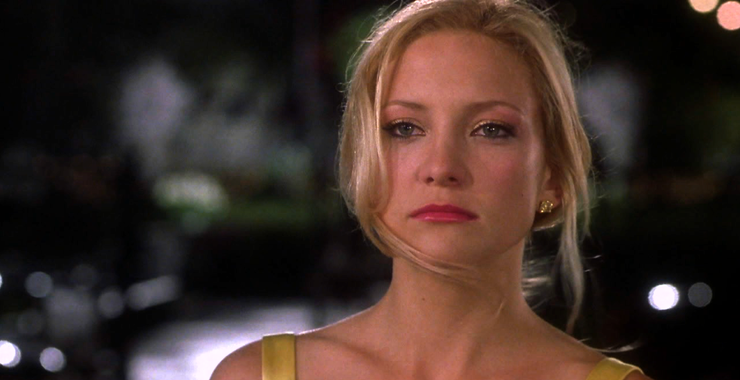
Post-digital doesn’t mean that the digital era is behind us.
The concept heralds a new phase wherein the digital has
become self-evident, hardly distinct from the ‘non-digital’.
The digital turn has been accomplished, there’s no way
back. You’ll just have to put up with it, just like you live with
the neutrinos that rage, billions per second, through the
material body which is yours.
In the post-digital, reality has also become difficult to
recognize, just like the self. At the same time, it can’t be
avoided either. It seems we are obsessed with reality, but
before everything, the (social) media are already there,
making an act of it, a story, an anecdote. In a comment on
the Dutch poetry blog ooteoote, poet Maarten van der Graaff
wrote the following reaction in a discussion that arose
around one of his poems: ‘Even if I resist, the world in which
I exist invades my language, even with only a slight cough,
and that world, next to so many other and far worse things,
can be mundane and exhibitionistic (…) This is no joke to me,
nor some trendy influence, it is a phenomenon that drives
me to despair sometimes.’
The world will always permeate the language of poets,
but since the rise of the web, something has changed. There
used to be a kind of delay in contact, and also it happened
only by invitation – through the newspapers, TV, during
dinners with friends, in the pub, at school or on the streets.
Now that world is constantly available, at your fingertips,
ready to be consumed in real time and acting intrusively
when left unattended for too long. The world reveals itself
through the screen, like a party crasher who immediately
starts overbearing the party. And from all these screens,
from the traditional to the new, language can be heard.
text from Miriam Rasch, Shadowbook page 53-54
image source : https://media.istockphoto.com/id/894875516/vector/exclamation-point-sign-in-red-triangle-vector-icon.jpg?s=612×612&w=0&k=20&c=AYMHwOnNCaWz8j3ubjC24cBrlk_ei_oCB3kS-UwvZtU=




